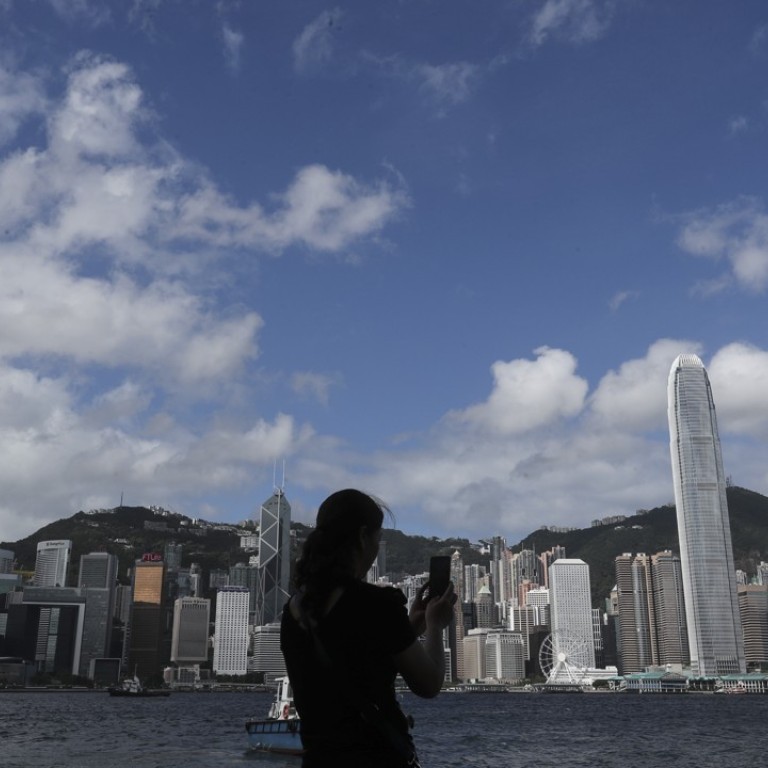
Hong Kong sees silver lining in tighter rules for mainland China’s outbound investments
Clampdown on ‘irrational’ capital flows could be a boon for Hong Kong businesses assisting with approved investments overseas, analysts say
Beijing’s new rules on “irrational” outbound investment from mainland China could spell fresh benefits for Hong Kong, possibly driving down land prices and injecting funds into the city’s technology sector and infrastructure, analysts say.
The Hong Kong government is setting its sights on the opportunities offered by the new regulations, with the Commerce and Economic Development Bureau saying the city could serve as an “effective platform” to help mainland companies with legitimate investments abroad.
The comments came after the State Council, China’s cabinet, issued a directive last week formally setting boundaries for outbound capital as the authorities attempt to curb what they have previously called “irrational” investments.
Beijing has set out three categories – banned, restricted and encouraged – as it seeks to “push ahead reasonable and orderly outbound investments”, the directive stated.
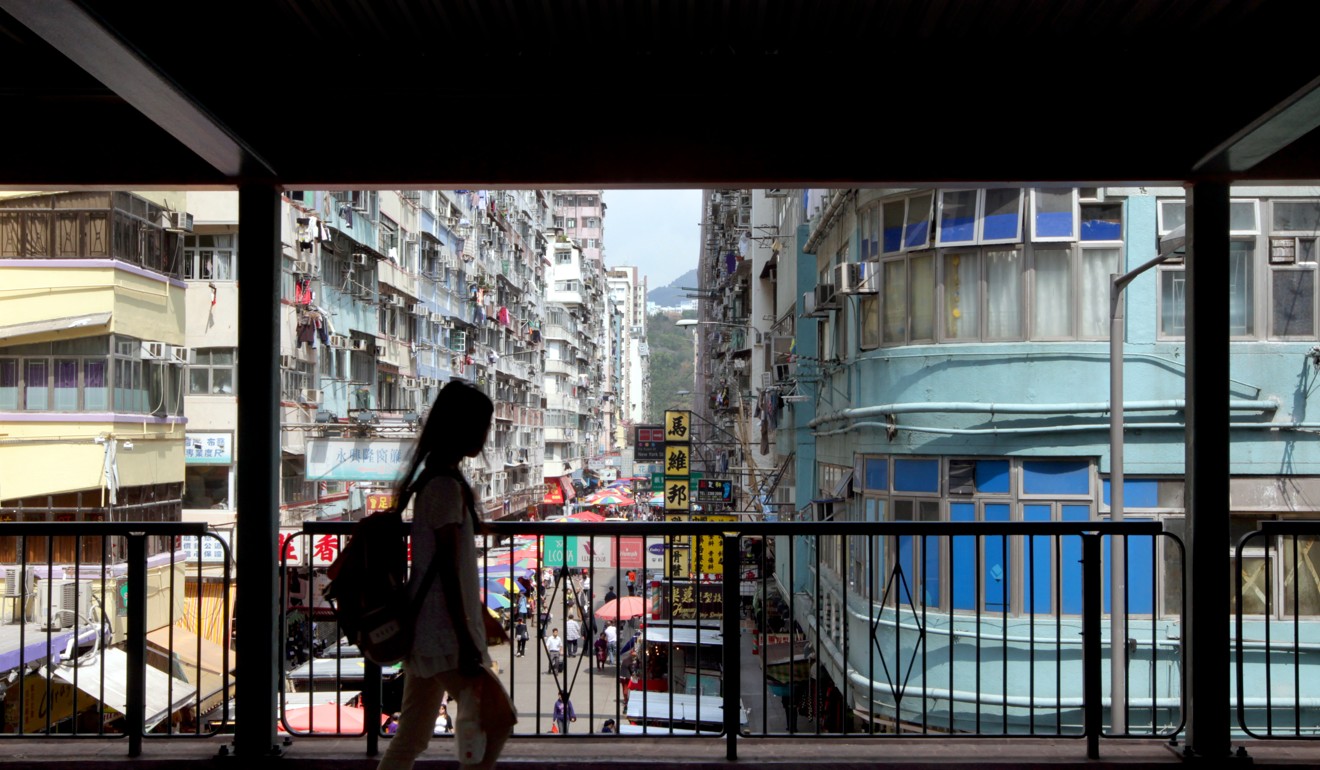
Among banned investments are those in gambling and the sex industry. Restricted ones requiring regulatory approval include property, hotels, cinemas and companies setting up overseas equity funds or investment vehicles not tied to specific projects.
But the authorities are encouraging companies to invest in the hi-tech sector, research, logistics and infrastructure projects that facilitate the Belt and Road Initiative – the country’s go-global trade strategy.
“Hong Kong is well placed to play an active role to facilitate the implementation of the initiative and contribute to this major national strategy. We note that the State Council encourages overseas investment in certain sectors, such as infrastructure projects along the belt and road, technology, commerce and trade, logistics and financial services, where Hong Kong has distinct advantages,” the bureau and the government’s investment promotion agency, InvestHK, said in a joint statement.
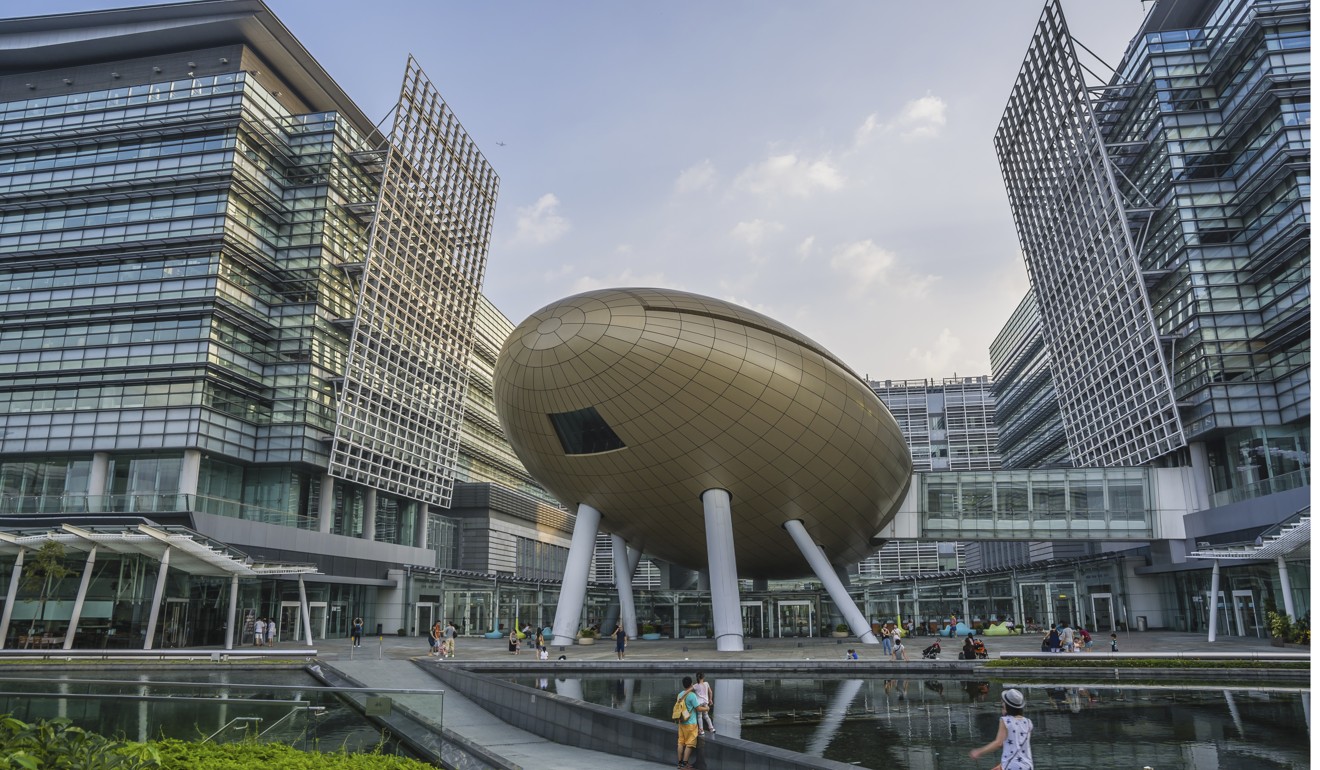
“We see new business ventures being established to capitalise on these emerging opportunities, with Hong Kong serving as an effective platform to facilitate mainland companies to invest abroad, in particular in markets along the belt and road.”
But to fully capitalise on the new rules, analysts believe Hong Kong must prepare facilities and make mainland billionaires aware of investment prospects in foreign countries.
The regulations could also help cool Hong Kong’s overheating property market.
“If there are fewer mainland developers investing in Hong Kong, then land prices will not rise so crazily,” said Dr Billy Mak Sui-choi of Hong Kong Baptist University’s business school.
“But cheaper land prices will not necessarily bring about lower property prices. Constructing a building takes a few years. Property prices will depend on the market situation at the time.”
On whether more mainland investors would set their sights on the city’s logistics industry, Mak said the lack of space for cargo vessels had to be solved first.
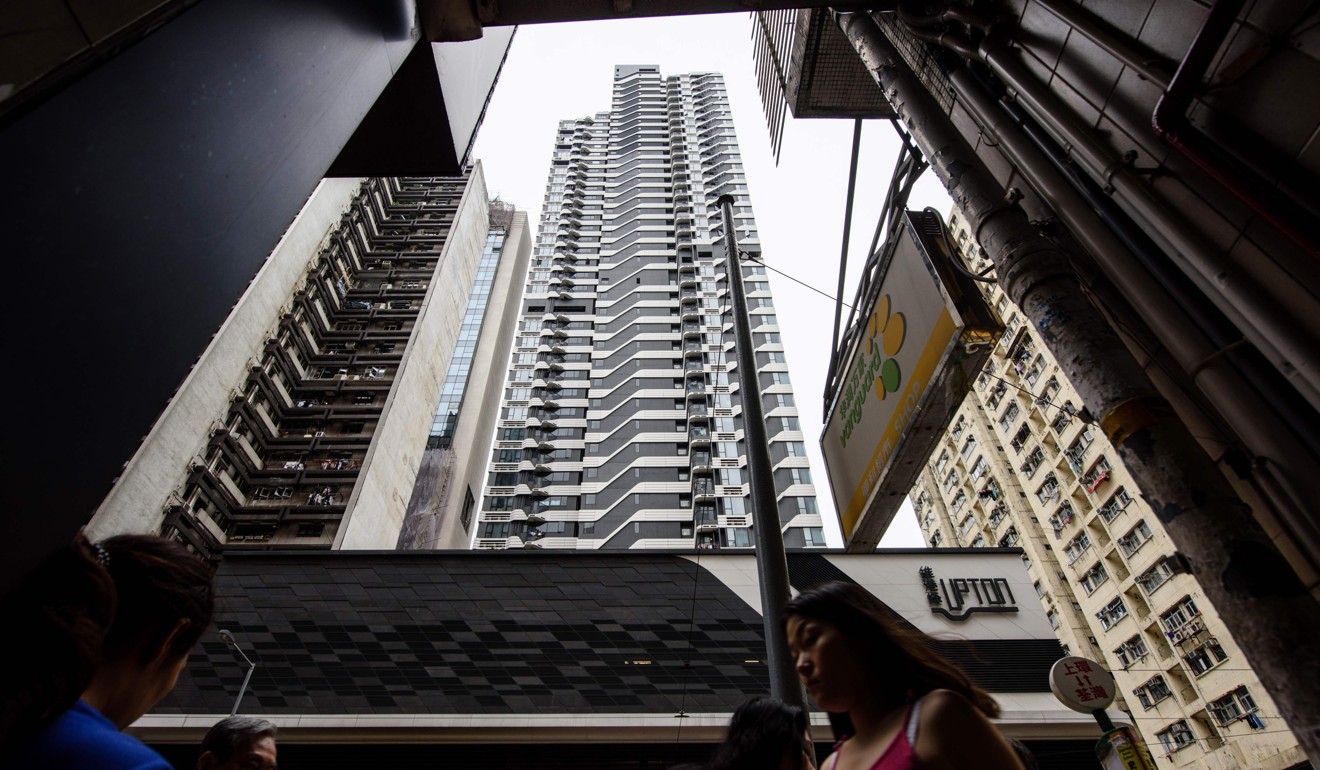
He also noted that these investors could be holding back because online shopping was not as popular in the city as on the mainland.
The academic said Beijing was trying to prevent what had happened in Japan. Many years ago, he said, Japanese companies went on a shopping spree for overseas property and entertainment companies. The resulting capital outflows caused problems for the Japanese economy, Mak said.
Assistant dean of the Chinese University of Hong Kong’s business school, Simon Lee Siu-po, said the influence on Hong Kong of Beijing’s capital outflow restrictions would depend on whether any further rules were unveiled.
“A huge sum of money has already left the mainland. Will there be restrictions on that? The directive did not touch on this part and that’s a grey area,” he said.
Businessmen could be keen to invest in the city’s infrastructure, he said, given that the Hong Kong government had billed the city as a “super-connector” in the belt and road scheme, helping mainland firms to go global.
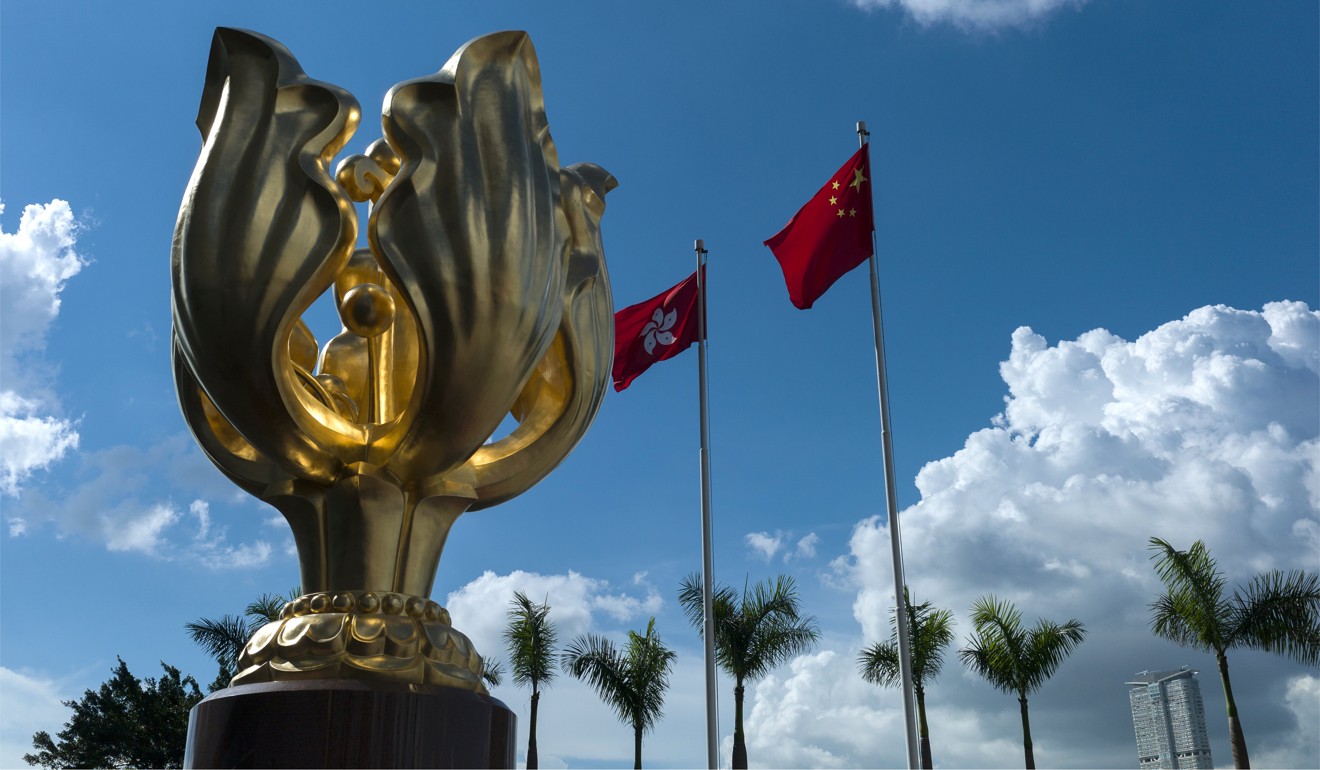
He said mainland investors would not be interested in investing in Hong Kong hotels – a restricted area under the directive – because most were now run by wealthy foreign companies, leaving little room for newcomers.
Hong Kong’s Innovation and Technology Bureau was keeping its fingers crossed over what the directive would bring.
“We note that the directive encourages outbound investment in hi-tech and innovative industries, as well as the establishment of research and development centres outside the mainland,” a spokesman said.
“As technology cooperation between Hong Kong and the mainland has become closer in recent years, we believe the latest directive will be conducive to [innovation and technology] development in Hong Kong.”
At the Hong Kong Science Park, mainland companies made up about 10 per cent of about 600 companies there, a park spokeswoman said.
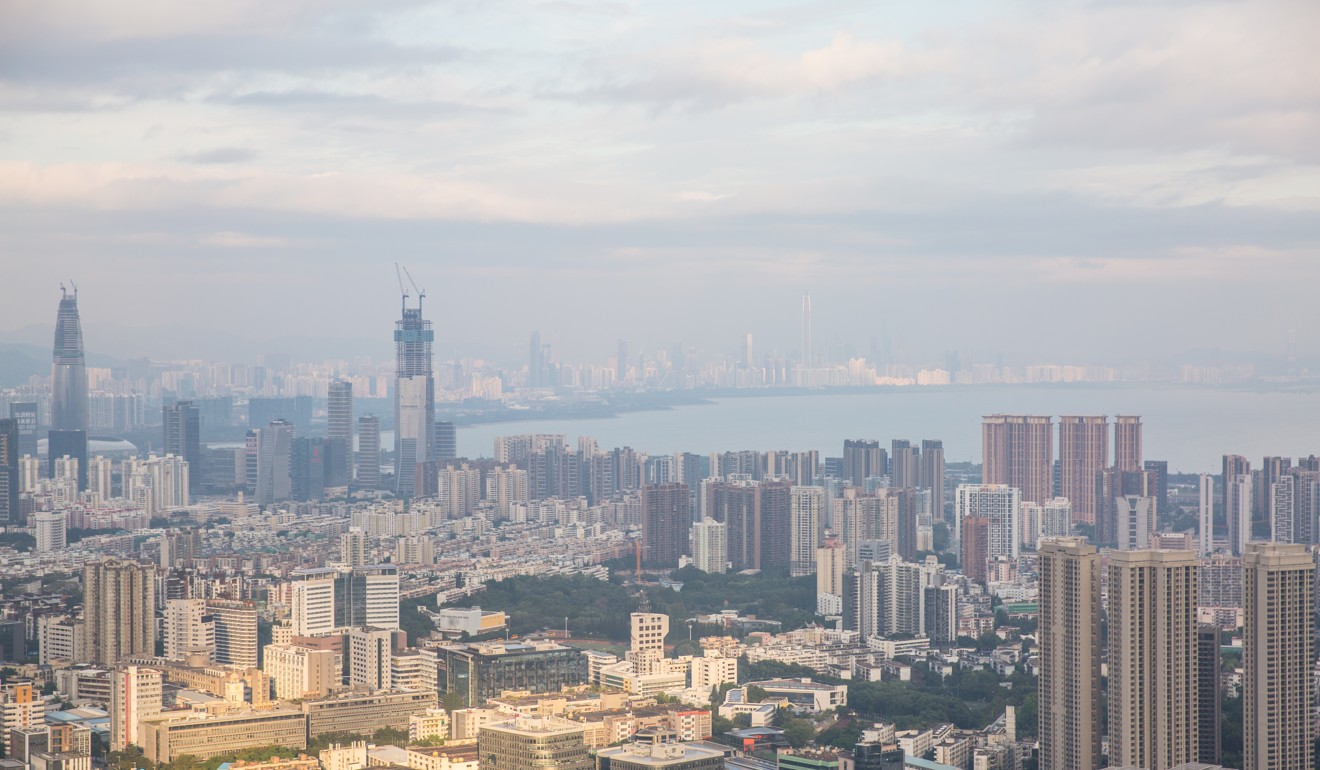
Information technology veterans said the Hong Kong government needed to turn the city into a first-class innovation hub first and train more people before the city could tell mainland investors that Hong Kong was a better destination than Shenzhen.
“Hong Kong has not been a popular destination for mainland [technology] investors. But I have seen improvements in the past one to two years, with the government offering grants. The market in Hong Kong is small and it’s difficult to find enough talent here,” said Eric Yeung Chuen-sing, president of the Hong Kong Software Industry Association.
“If your IT business involves manufacturing, then you would probably choose Shenzhen,” Yeung said. “But if we are talking about developing financial technologies and if you are planning an initial public offering to raise funds, then Hong Kong would be your destination. The difference between Hong Kong and Shenzhen is that the city connects you to the international market.”
Francis Fong Po-kiu, honorary president of the Information Technology Federation, questioned what Hong Kong could offer mainland and foreign investors.
“Shenzhen has all the ancillary facilities to support IT development. And all the big IT companies are in Silicon Valley,” he said.
Beijing’s clampdown has already resulted in a 44.3 per cent fall in outbound investment, to US$57.2 billion in the first seven months of this year.

